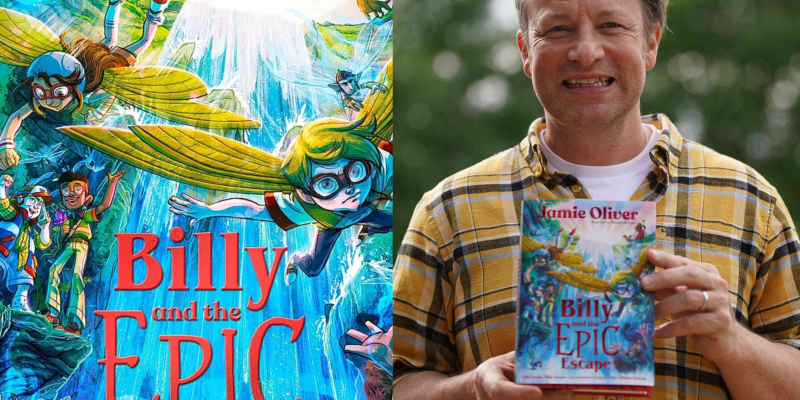Let’s talk about Jamie Oliver: celebrity chef, and author of 24 best-selling cookbooks and children’s books alike. Unfortunately, his latest book has landed him in hot water due to an offensive storyline involving First Nations people, resulting in it being withdrawn from sale internationally.
The book, a story for primary school-aged children titled ‘Billy and the Epic Escape’, features an Australian subplot with a young First Nations girl in foster care in a remote community near Alice Springs. The National Aboriginal and Torres Strait Islander Education Corporation (NATSIEC) criticised the book, calling it damaging and disrespectful and accusing it of contributing to the “erasure, trivialisation, and stereotyping of First Nations peoples and experiences.”
Before diving into how this could happen, let’s look at Jamie Oliver’s approach to issues management. Jamie responded swiftly with a statement, a fundamental rule in crisis management: communicate quickly and often. He said:
“I am devastated to hear I have caused offence and wholly apologise for doing so. I am listening and reflecting and working closely with my publisher on next steps.”
Penguin Random House UK, his publisher, issued a similar apology, saying they “apologise unreservedly.”
What stands out in his response is the absence of defensiveness. Jamie fully acknowledges the criticism without minimising or deflecting responsibility, reflecting the emotional response of his audience. By doing so, he mitigated prolonged public commentary and negativity. The lack of silence in his response left little room for speculation or criticism to escalate, helping to maintain control over the message.
So, his initial response checked all the right boxes. But this still leaves the question: how did this oversight happen in the first place?
When discussing the experiences of others, it’s essential to consult with people who have relevant first-hand knowledge or lived experience. In this case, no Indigenous community or individual was consulted before the book’s publication. Penguin Random House admitted in their statement:
“Penguin Random House UK publishes this work and takes responsibility for the consultation, or what we would call an authenticity read of the work. It was our editorial oversight that this did not happen. It should have and the author asked for one, and we apologise unreservedly.”
This oversight could have easily led to Jamie Oliver deflecting responsibility onto the publisher. However, he refrained from doing so, knowing that deflecting could have intensified frustration. Jamie understood that with his name on the cover, he is ultimately responsible. By accepting accountability, he demonstrated a strong issues management response.
The next day, Penguin Random House UK informed The Guardian that Billy and the Epic Escape would be withdrawn from sale worldwide. Jamie issued a second apology, reiterating his commitment to communicate frequently, apologise, and take ownership, all while acting quickly.
Additionally, Jamie had a strong foundation of goodwill to lean on. Building trust in good times is crucial, as it strengthens support during tougher moments. For a less established author, such a misstep could have jeopardised their career. But Jamie’s established rapport with the public and the media has allowed him to continue promoting his latest cookbook, largely without this incident overshadowing his work.
Jamie Oliver’s approach is a lesson in effective crisis management: swift action, genuine accountability, and a solid reputation can make all the difference.

